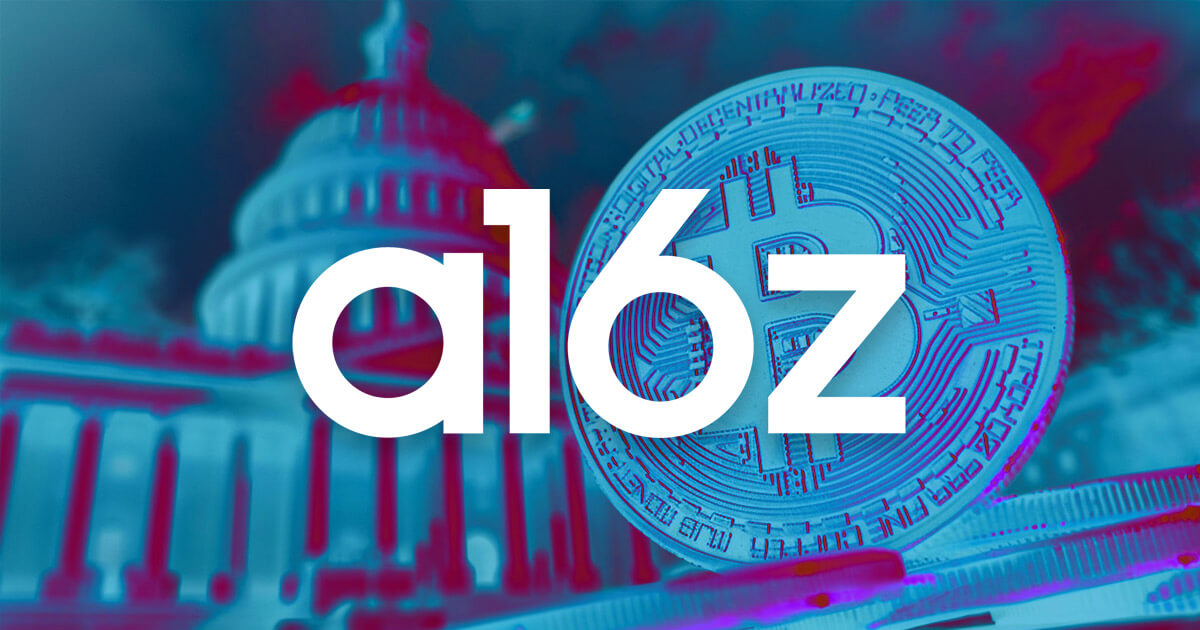
Andreessen Horowitz (a16z) founders Ben Horowitz and Marc Andreessen recently discussed the various challenges the crypto industry has faced under the current administration, including supporting former President Donald Trump.
The founders openly criticized the Biden-Harris administration’s handling of the cryptocurrency industry, highlighting a series of regulatory challenges that they believe are hindering innovation and growth in the sector.
During the podcast conversation, Horowitz and Andreessen shared their frustrations with the Securities and Exchange Commission (SEC). They noted that the regulator has not provided clear guidance on which cryptocurrencies are considered securities and which are commodities.
Gemini founder Tyler Winklevoss said in a social media post on July 24 that the discussion is a “must-watch” and highlights “how terrible the Biden-Harris administration has been for the crypto industry.”
Lack of clarity in the area of regulations
This regulatory ambiguity has led to the SEC filing lawsuits against more than 30 crypto companies within the a16z portfolio. Andreessen noted that such aggressive enforcement is unprecedented, as neither he nor Horowitz had encountered a single Wells Notice in their thirty-plus year careers prior to this administration.
The SEC’s legal actions, even if unsuccessful, pose significant challenges for crypto startups. Horowitz pointed out that while the SEC often loses these cases, the financial and operational pressure on startups to defend themselves against the government’s extensive resources is overwhelming. He described these victories as “Pyrrhic,” suggesting that the costs of legal battles are detrimental to the sustainability of the sector.
The discussion also focused on the Federal Deposit Insurance Corporation (FDIC), which has reportedly made it nearly impossible for crypto companies to secure banking services. Horowitz and Andreessen likened this to “Operation Chokepoint 2.0,” comparing it to previous efforts that targeted legal cannabis businesses, essentially forcing them to operate without access to traditional banking systems.
Another major point of contention is President Biden’s veto of a bipartisan repeal of Staff Accounting Bulletin (SAB) 121. This SEC rule complicates banks’ ability to hold cryptocurrencies on behalf of their customers, making them liable for any decline in the value of the digital currency. assets they manage.
Andreessen criticized these regulations as deliberately harmful to the crypto industry, designed to prevent banks from dealing with digital assets.
Not willing to participate
The co-founders said their efforts to engage with the government were met with resistance. They revealed that President Biden, SEC Chairman Gary Gensler and Senator Elizabeth Warren have all declined to meet with them to discuss their concerns.
This lack of involvement is a stark contrast to previous administrations, where Andreessen had successfully worked with leaders like Bill Clinton and Al Gore during the early days of the commercial Internet.
In contrast, former President Donald Trump has shown a willingness to engage with crypto leaders and taken a supportive stance toward the industry. His platform includes ambitious goals to build a strong economy, foster innovation and lead the world in emerging industries, with a particular emphasis on crypto.
Trump has publicly stated that he is against the creation of a central bank digital currency (CBDC) and will defend the right to mine Bitcoin. He has also advocated for Americans’ right to take custody of digital assets and conduct transactions without government oversight.
The former president has also criticized Biden and Gensler for their handling of the industry and vowed to change the administration’s approach if elected.

